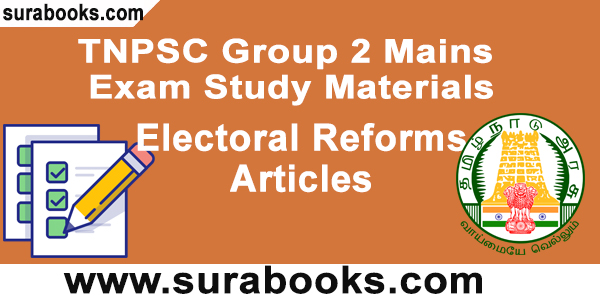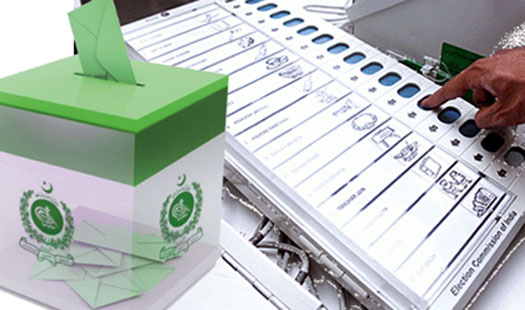
Electoral reforms are changes in electoral systems to improve public desires. The reforms can be made in voting system, vote counting system, rules for political parties, voter eligibility, scrutinizing the contestants, fixing eligibility for candidates, safety of voters and election workers, measures against bribery, coercion, state financing for the candidates, ensuring 100% polling etc.
Elections are the basic foundation for democracy. As Winston Churchill said, “Democracy is the worst form of government, but we do not know better than that”. Yes the existing form of democracy must be subjected to continuous and innovative reforms. As far as India is concerned, we cannot say that the democratic system has not worked, as envisaged by the founding fathers of our constitution.
The illiteracy and poverty of the voters have been fully exploited by the unscrupulous politicians. In fifties and sixties of last century, there were dedicated leaders who were concerned mainly the welfare of the people and integrity of the nation. The emergence of regional parties had started spreading parochial political ideas. Mostly, as the leadership was an unquestionable one, when the party came to power, they indulged in safeguarding their positions at voter’s cost. A separate statute must define the parameters of the regional parties. Minimum educational qualification or an entrance test can be considered to test their political knowledge and their mindset towards public service and understanding of socio-economic problems of those who wish the contest the elections. The most disturbing phenomenon in India is emergence of full time political leaders and workers.

It has been worsened by recent introduction of electoral bonds. The anonymity of the donors to the political parties is maintained. The party-interest had overtaken the national interest. Though India needs a lot of electoral reforms, the only reform, that must come from voters of denying the bribe for vote will eliminate ninety percent of defects in our electoral system.


